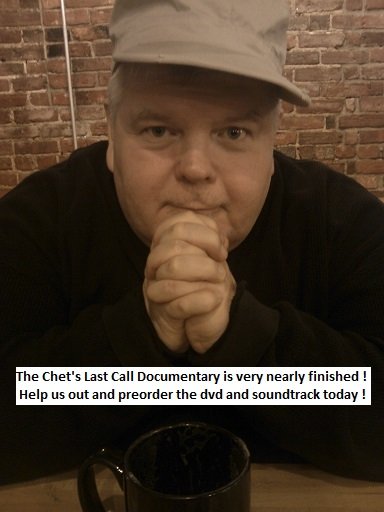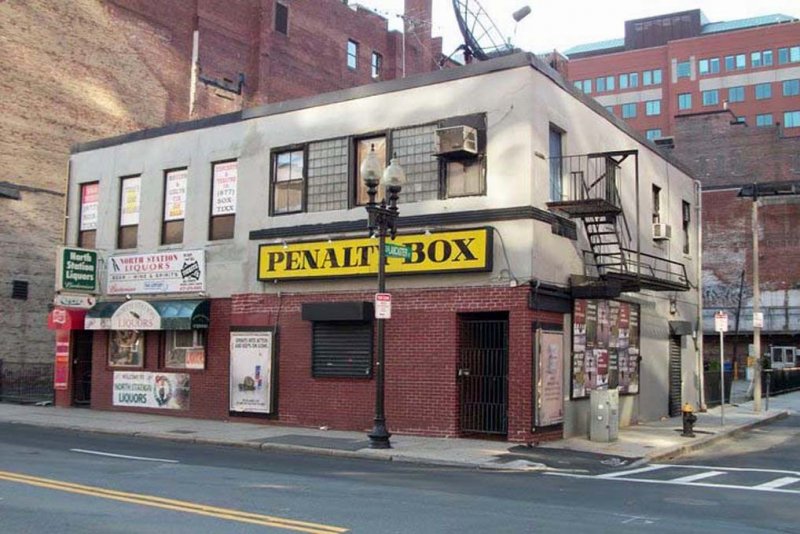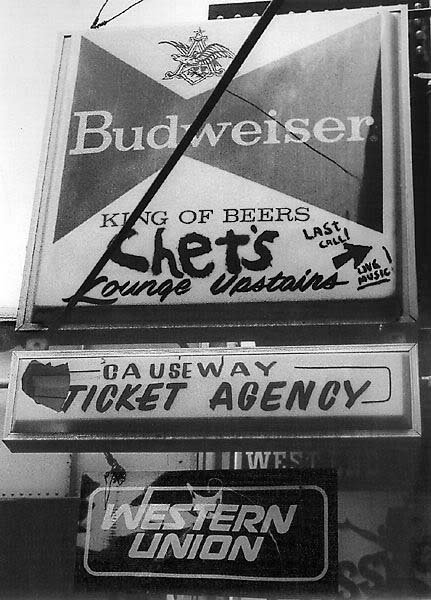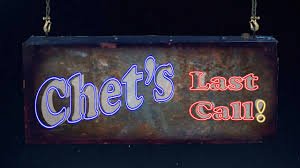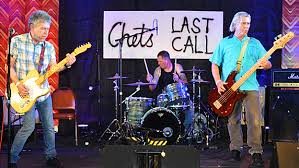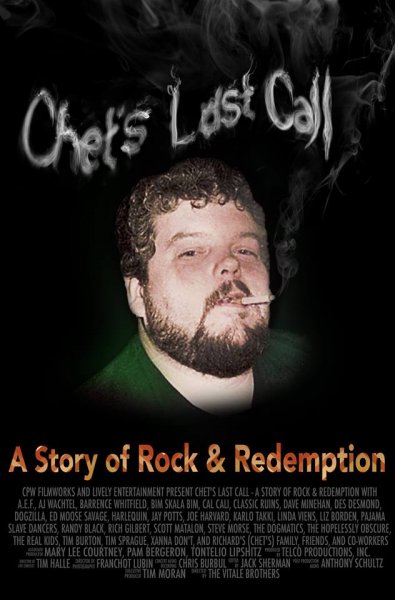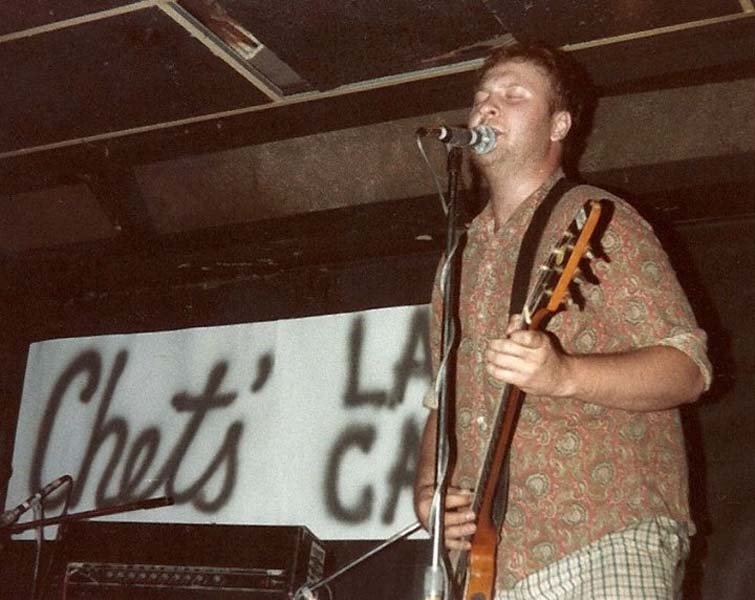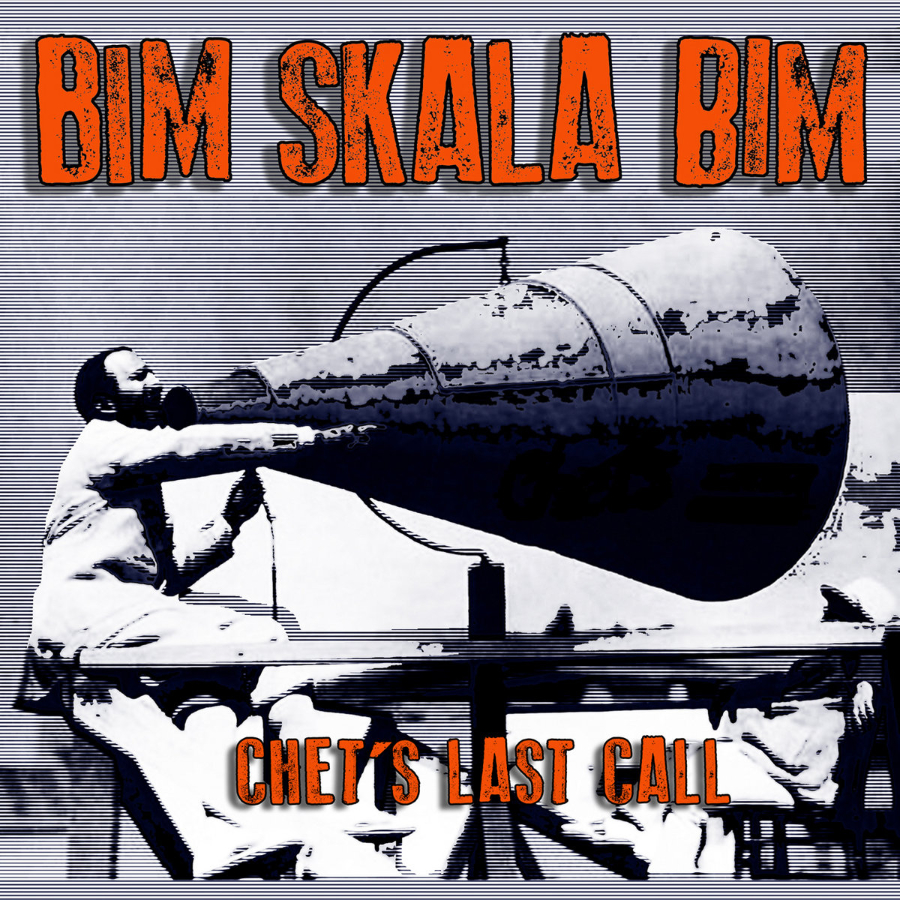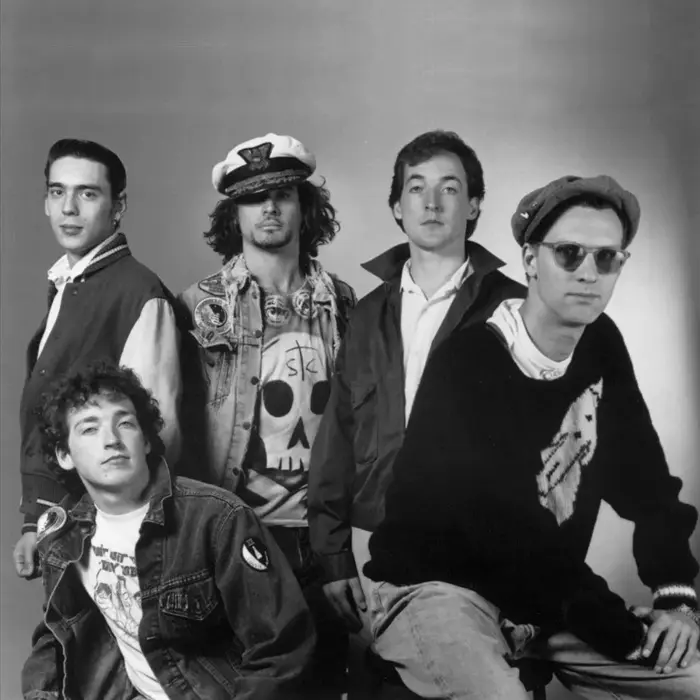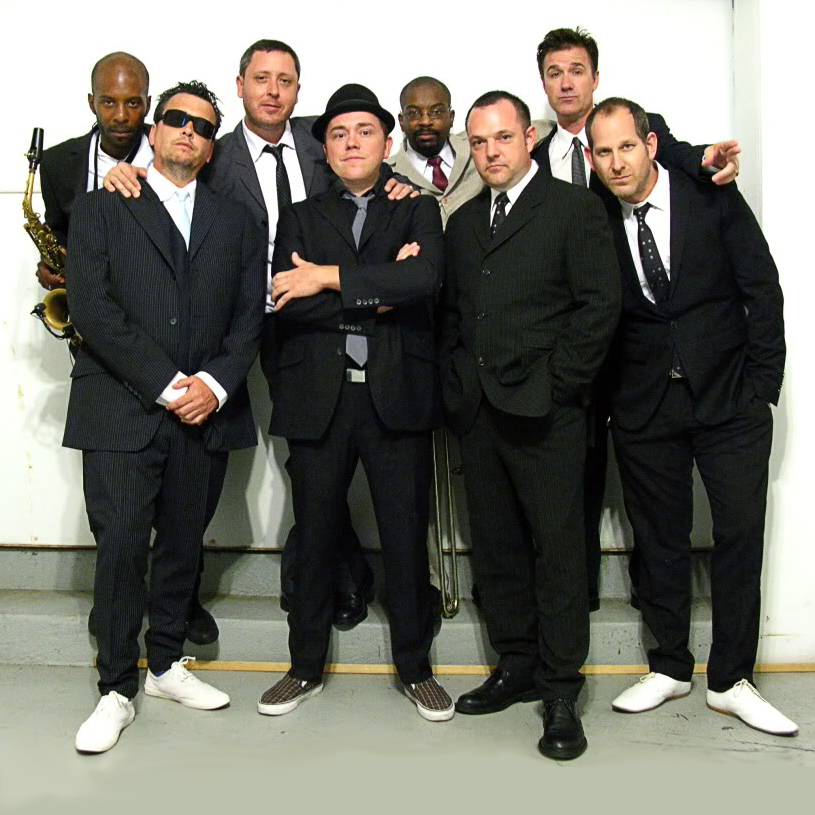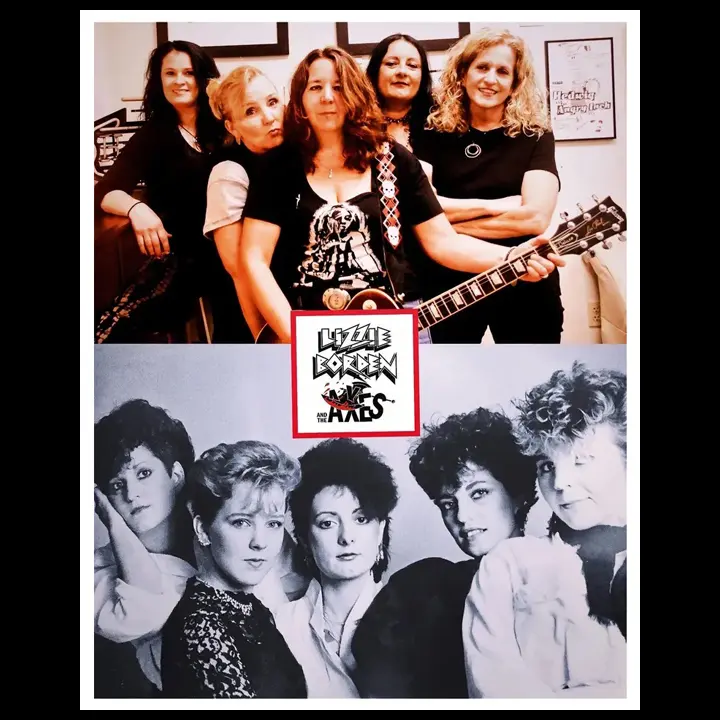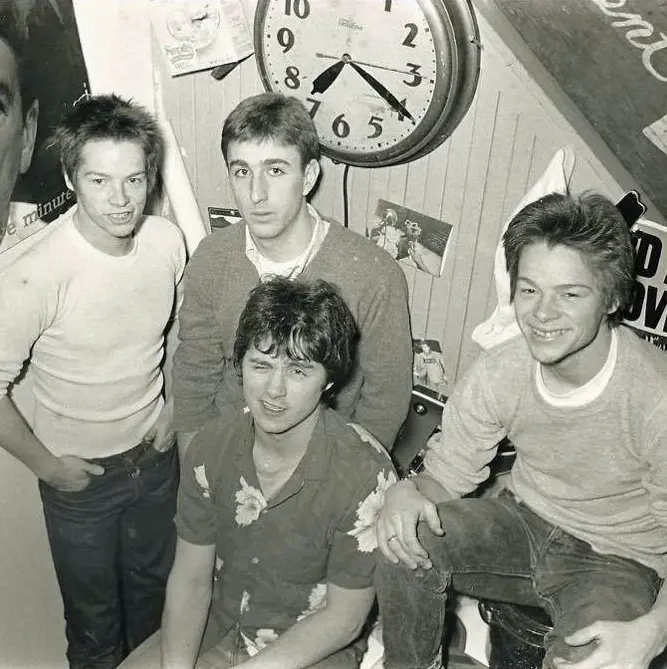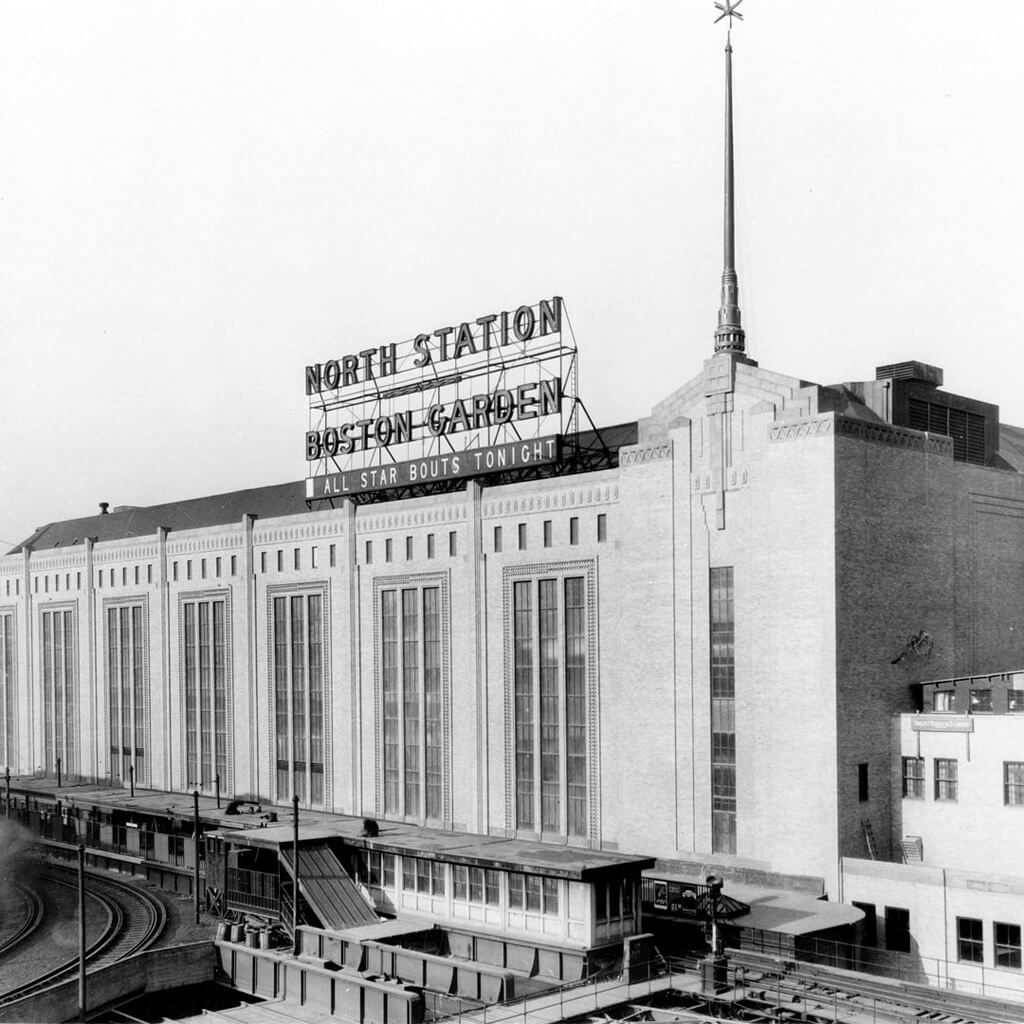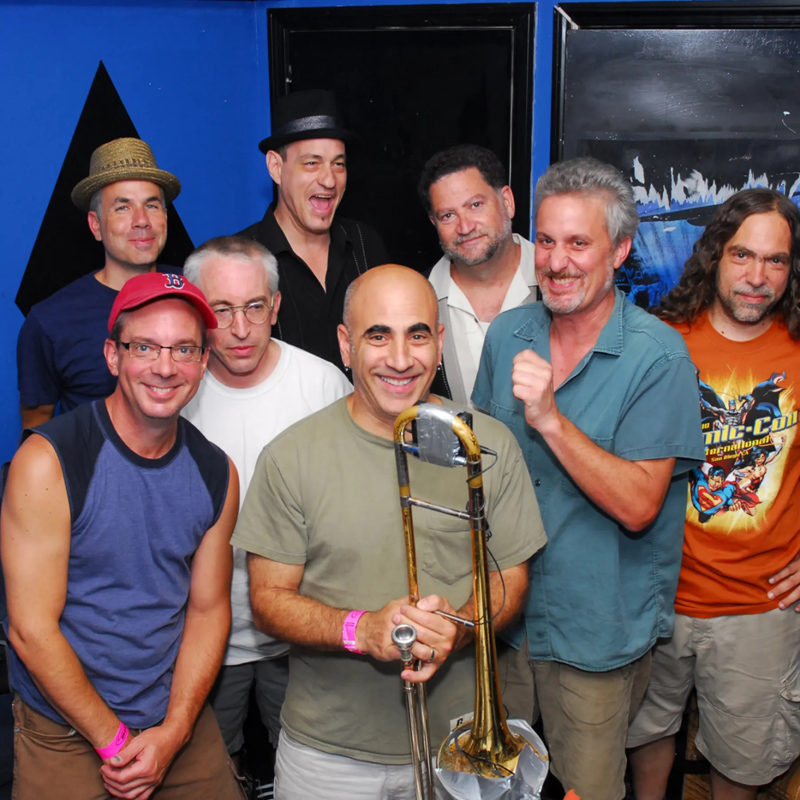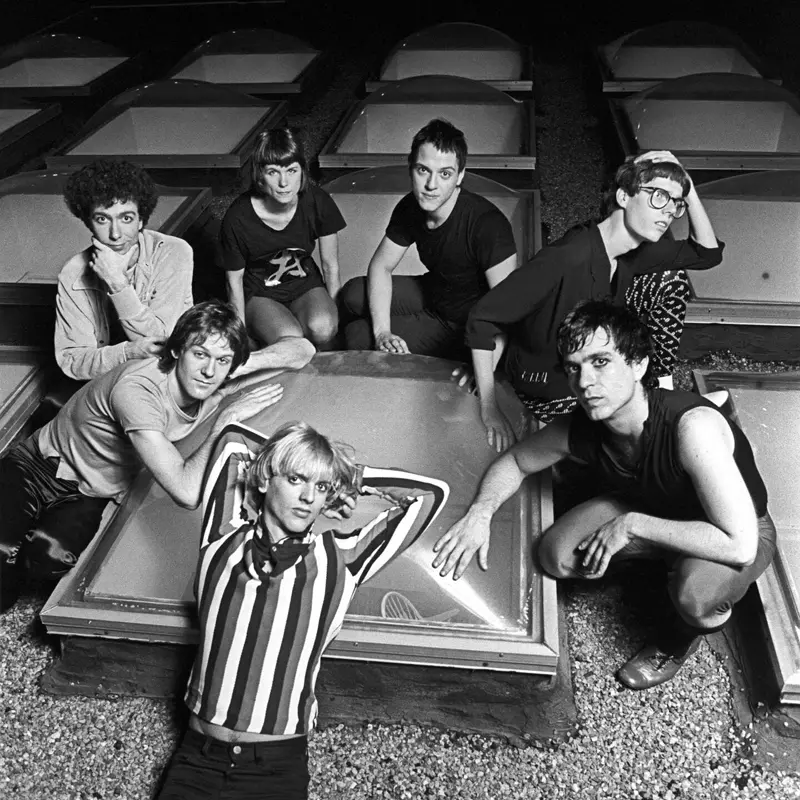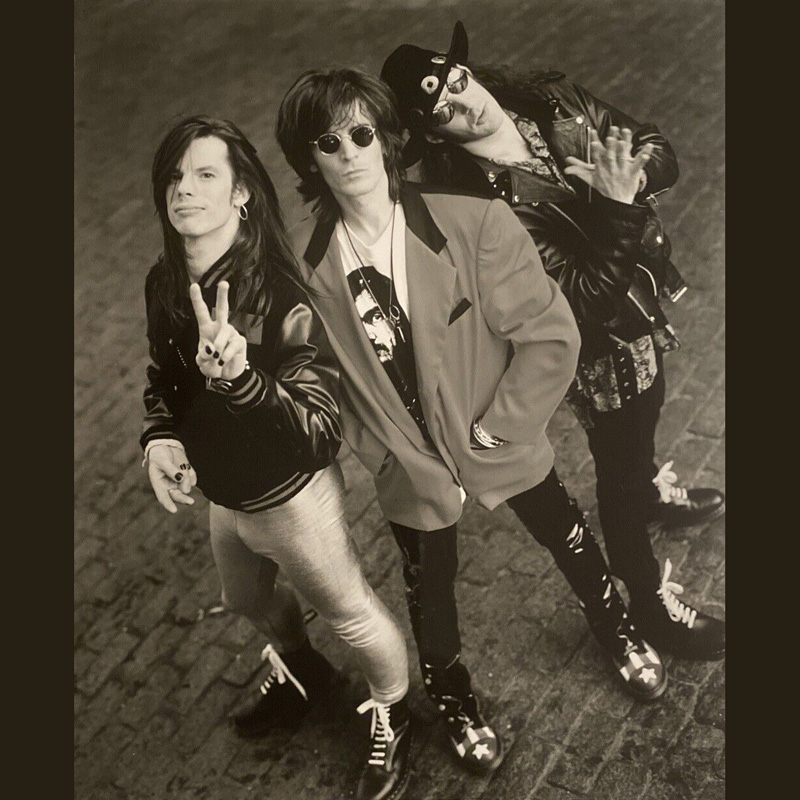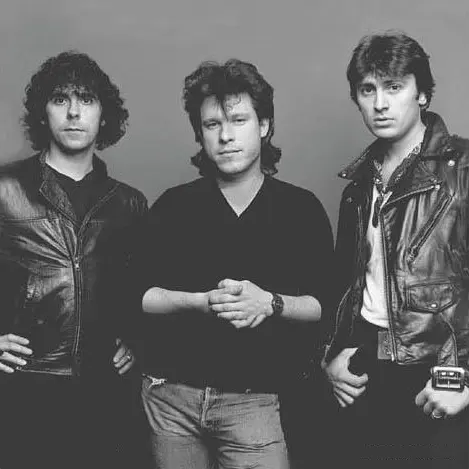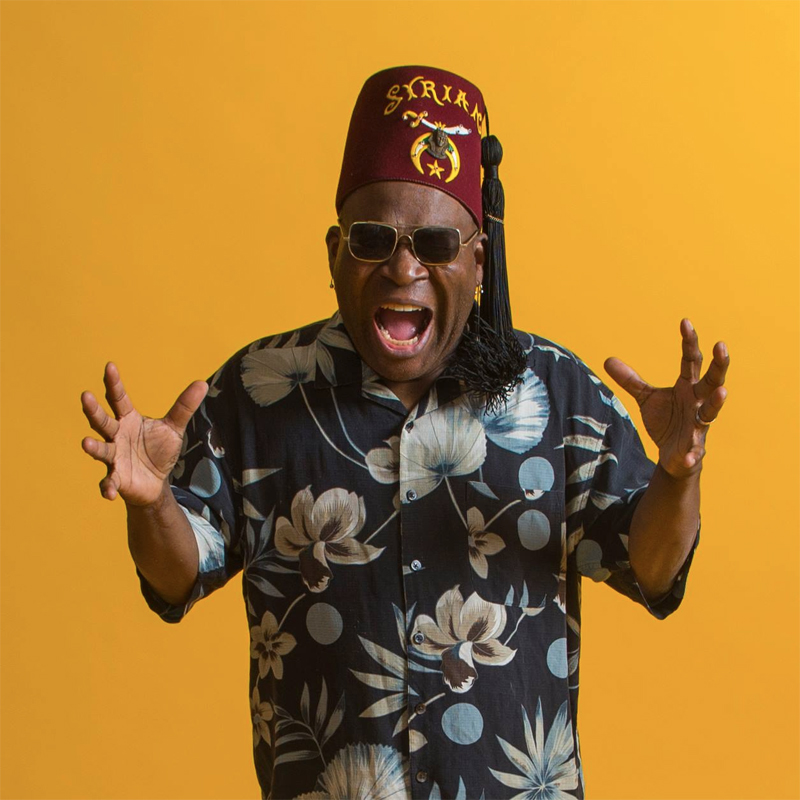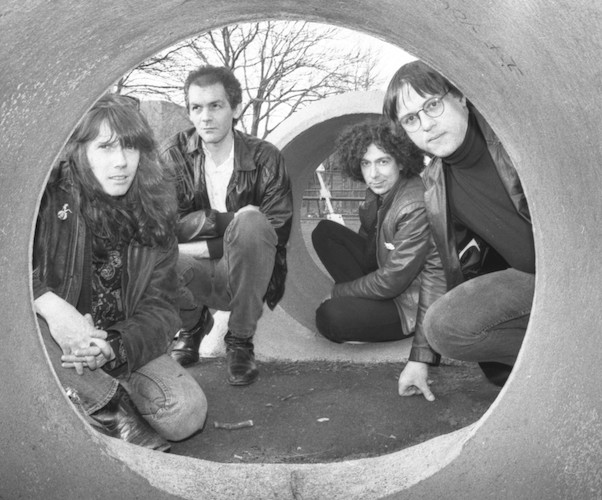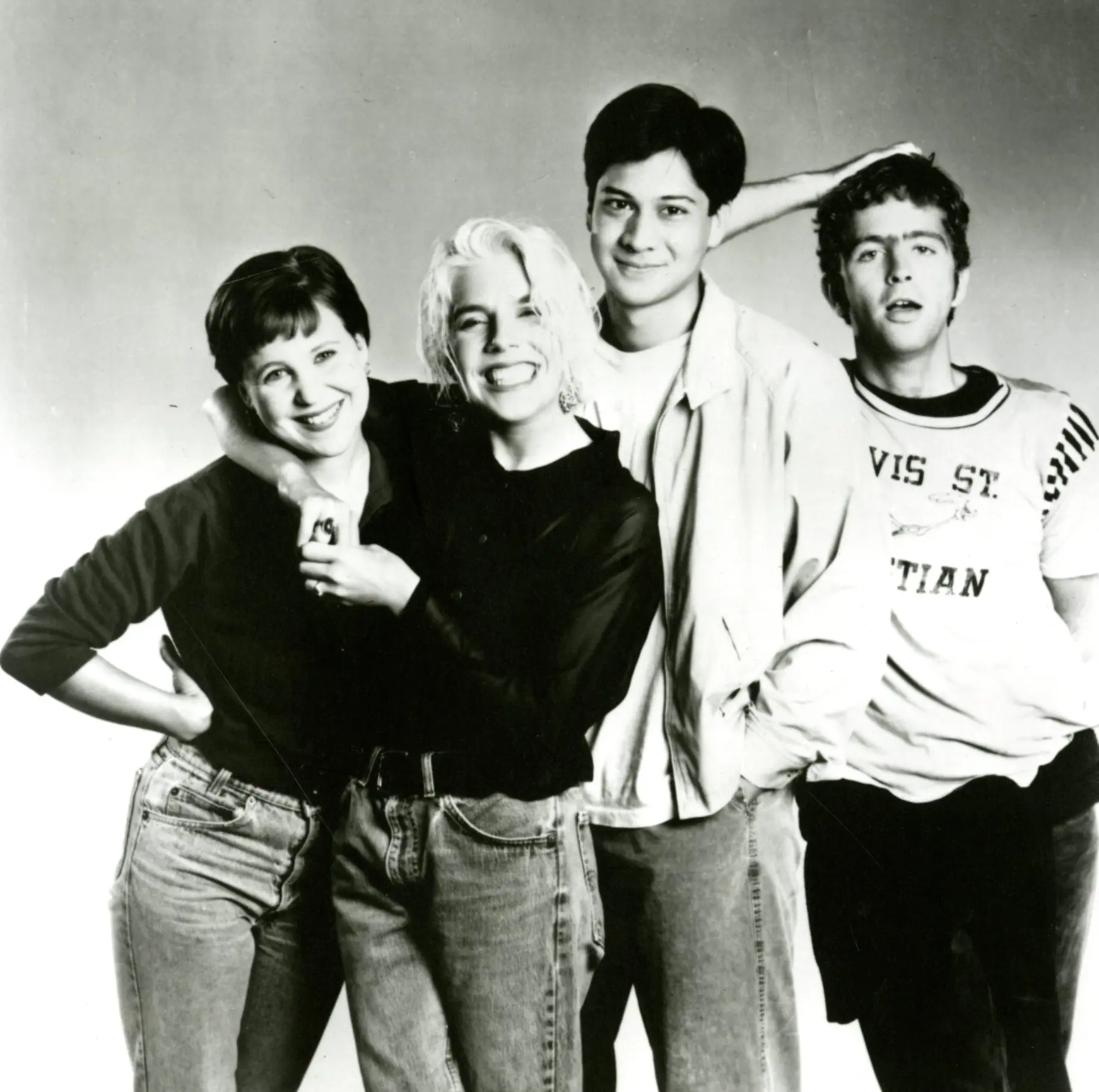Chet’s Last Call
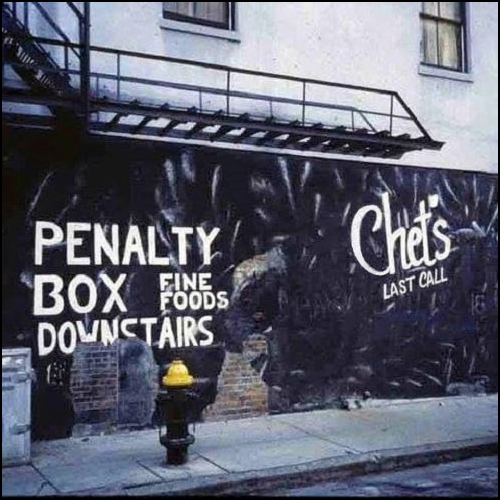
Back in the 1980s, most people didn’t visit Boston’s West End unless they were attending a game or a concert at Boston Garden. With the Green Line running over Causeway Street and the dark vibe it cast beneath, the area wasn’t exactly a tourist trap in those days; many former residents had been run out of the neighborhood and their residences replaced with seedy theatres and dive bars. And among the West End’s many “dirty old Boston” qualities was an unforgettable club that hosted local groups and was a bedrock of the city’s gritty scene: Chet’s Last Call.
OWNERSHIP, INTERIOR, NOTABLE APPEARANCES
Located across from the Garden on the corner of Causeway and Lancaster Streets, Chet’s was on the second floor up a narrow stairway above the old Penalty Box bar. Owned and operated by Richard “Chet” Rooney, the 175-capacity space wasn’t built to host live music, with the interior painted a strange shade of orange, orange-and-gold diagonal wallpaper as the stage backdrop, most of the walls still mirrored from when it was a strip joint and a disco, and an iron railing around the dance floor for some unknown reason.
Still, everyone who went to Chet’s in the ‘80s did so to see bands that were hungry to make the scene playing live and loud. There were clubs all over Boston, but what separated Chet’s was the sense that absolutely anything could happen at any time since bands had the freedom to be exactly who they were (even if they themselves weren’t sure what that was). That resulted in some raw, bare-bones performances that weren’t always great (or even good) but were always real. Local acts that took the Chet’s stage included Bim Skala Bim, Human Sexual Response, Scruffy the Cat, The Bosstones (pre-“Mighty Mighty”), The Flys, The Neighborhoods, Lizzie Borden & The Axes, The Dogmatics, The Zulus, Classic Ruins, Barrence Whitfield and Throwing Muses, and national acts included The Beastie Boys and Hüsker Dü.
From 1983 to 1989, the club booked three bands a night from Wednesday to Sunday, giving acts that wouldn’t have had an opportunity elsewhere a chance to get on stage and audiences a rare chance to see them. And at the end of the day, that’s probably the most important contribution that Chet’s Last Call provided: being a place for those that wanted to play and those that wanted to listen.
RICHARD “CHET” ROONEY, A STORY OF ROCK AND REDEMPTION DOCUMENTARY
Then there was the proprietor himself, often described as somewhat cantankerous and a man who played hard, just like his customers. The nightly routine of booze and drugs caught up with Chet in the late ‘80s and he had to make a change, with Chet himself telling family members, “Chet is dead. Richard is back!” After getting through rehab successfully, he went back to school and worked as a drug and alcohol counselor until his death on December 10, 2015 at age 61. On February 12, 2016, six bands that played at Chet’s regularly – Bim Skala Bim, The Dogmatics, Pajama Slave Dancers, Liz Borden Group, Dogzilla and Moose & The Mudbugs – performed a special show in his honor at the Once Ballroom in Somerville.
The documentary Chet’s Last Call: A Story of Rock and Redemption was released in 2018, directed by Bim Skala Bim frontman Dan Vitale and his brother Ted. The film features rare footage of live performances at the club and various people telling stories about Chet, particularly his generosity both on and off the stage. Given all the lives he touched over the years, no tribute could have been more suitable.
(by Mark Turner)

